Making Sense of the Bible Post-Deconstruction
Leaving religious fundamentalism requires a new relationship with the Bible. Once the unquestioned, authoritative, and ideological center of your faith, now you have the freedom to ask life-changing questions about this big, black book. Where did it come from? Why are some books in and others out? Is it really inerrant? What if I find contradictions and errors? Which Bible are we talking about? Can I disagree with the Bible? How do I read it critically and faithfully?
No matter the questions you bring to the text, one thing is clear. Universal accessibility to this collection of ancient documents has been a mixed bag. Since the Protestant Reformation, the translation and distribution of the Bible in almost every language has had catastrophic consequences. Crusaders used a literal reading of Scripture to justify the slaughter of Muslims in the Holy Land. European colonizers weaponized the Bible as their Divine sanction for the genocide of the indigenous peoples of North America. Slaveholders quoted the Bible to their Black slaves in Georgia, Mississippi, and Alabama. Men, the world over treat their wives like property because the Bible tells them so. The Bible has led to the killing, abuse, and traumatization of homosexuals. As Marcus Borg writes in his book Reading the Bible Again For The First Time, “People are leaving faith not because of what they don’t know about the Bible. It’s because of what they do know.”
If you are leaving religious fundamentalism, the Bible is probably the main reason. As Father Richard Rohr writes, “We can only safely read Scripture—it’s a dangerous book. Hateful people will find hateful verses to confirm their prejudices. Loving people will find loving verses to call them into even greater love.” But, is this the Bible’s fault or ours? If, like me, you grew up in evangelical Christianity, they trained you to approach, read, and interpret the Bible through a dangerous lens—Biblicism.
Biblicism is an interpretative ideology that sees the Bible as the sole source of truth and therefore the authoritative guide to answering all of life’s questions. In Christian Smith’s book, The Bible Made Impossible, he describes Biblicism as “a theory about the Bible that emphasizes together its exclusive authority, infallibility, perspicuity, self-sufficiency, internal consistency, self-evident meaning, and universal applicability.” In lay terms, “God said it. I believe it. That settles it.” Oh boy.
According to Smith, there are seven characteristics working together to form what we understand as Biblicism. Different communities within American evangelicalism emphasize these characteristics differently, but together they form a systemic method of interpretation and a foundational belief about what the Bible is and what the Bible is not.
The Seven Attributes of Biblicism
Divine Writing: The Bible, down to the very last details of every word, is identical with the very words of God written down perfectly in human language. Many Biblicists go so far as to say Jesus wrote the Bible himself, since he is referenced as “the Word of God.” Yikes!
Total Representation: The Bible includes ALL that God wants humans to know about him, the world, and themselves. The Bible is therefore the exclusive source for knowledge, and it trumps every other form of wisdom and revelation including personal experience, reason, science, church history, and intuition.
Literal Reading: Biblicists believe anyone can simply pick up the Bible and read it literally in plain English in order to best understand the original meaning. Biblicists read the Bible as if it was written to them, ignoring cultural or historical contexts that shaped the original meaning of the text. Everything from a global flood to being eaten by a great fish is read historically and literally. If you’ve ever visited the Ark Encounter in Kentucky, you might be a Biblicist.
Sola Scriptura: The Bible stands alone as the true source of God’s wisdom and truth. You need nothing else. The Bible speaks for itself and it speaks for God. End of story.
Internal Harmony: All related passages in the Bible on any given subject fit together like a giant puzzle into a single, unified consistent body of thought. Which is why we have over 300 Christian denominations. Where is the eyeroll emoji?
Universal Applicability: What the biblical authors taught in ancient times is universally true for all time. Plain text teachings on things like gender, sexuality, slavery, male leadership, violence, and genocide were true then and will be true until the end of time. You know, like stoning your children for talking back and marrying your rapist if he gets you pregnant.
Handbook Model: The Bible is best understand as a sort of spiritual encyclopedia. Open it up and out pops the answer. Doctrine, beliefs, and morality are delivered in textbook format to teach us everything we need to know about science, politics, marriage, money, and sexuality. So, the next time a little kid sasses you, call down a mama bear to mall him.
If you think I’m being hyperbolic, BibleAuthors.com share this about the text. “The Bible contains the mind of God and is totally accurate in matters of history, prophecy, and every issue of life. There are no contradictions in the Bible…The Word of God is your absolute, infallible guide for life. The Bible is God’s owner’s manual for life.” Or take the 2000 Baptist Faith Message:
“The Holy Bible was written by men divinely inspired and is God’s revelation of Himself to man. It is a perfect treasure of divine instruction. It has God for its author, salvation for its end, and truth, without any mixture of error, for its matter. Therefore, all Scripture is totally true and trustworthy.”
Biblicism Deconstructed
Biblicism is religious propaganda. It is the weaponization of God for political and social domination. Biblicism makes the Bible impossible to read and dangerous to apply. As you reconstruct your relationship with the Bible, here’s seven guiding principles to help you make sense of the Bible post-deconstruction.
Human Writing: Yes, men were inspired to write down their thoughts about God, but inspiration does not mean divine dictation. God did not write the Bible. Flawed human beings wrote what we now call the Protestant Bible. The Bible consists of our stories about God, not God’s stories about us. “God’s role as author of the Old and New Testaments did not remove the human limitations in the text,” warns theologian Raymond Brown.
Limited Representation: The Bible represents what the ancient Israelites and the early Christian community thought God thought. “The Bible is a human product: it tells us how our religious ancestors saw things, not how God sees things,” writes biblical scholar Marcus Borg. Jesus is the full representation of God, not the Bible. The Word made flesh trumps the words made text.
Contextual Reading: The most dangerous way to read the Bible is out of context and in plain English. Instead, when you pick up the Bible ask it the following questions: Who wrote this and why? Who were the original readers and how did they understand this? Is this a universal command or culturally appropriated? How good is this translation? Is this still true or has science, reason, tradition, and my direct experience with the Sacred proven otherwise? What genre of literature am I reading and why does that matter? How have other biblical writers treated this topic? Do they agree or disagree? When I look at the life of Jesus, does this story or command mesh with his witness?
Scripture Plus: For starters, Sola Scriptura is unbiblical. God’s first revelation was Creation, not a text. The Bible is not the sole source of truth. In fact, the Bible even points to this. “The heavens proclaim the glory of God,” writes the Psalmist. To foolishly believe the God of the universe can only be known, experienced, and loved in a book, and our book at that, might be the height of heresy.
Internal Dialogue: There is little to no internal harmony in the Bible beyond the move toward love, inclusion, and compassion. However, there is pervasive pluralism within the texts. The Bible is in a long conversation with itself, with biblical writers often disagreeing about basic things. As scholar Kenton Sparks writes in his book God’s Word in Human Words, “At face value, Scripture does not seem to furnish us with one divine theology; it gives us numerous theologies. The Bible does not offer a single, well-integrated univocal theology; it offers instead numerous overlapping but nonetheless distinctive theologies.” Or as Christopher Wright eloquently describes, “We are listening, not to a single voice, not even to a single choir in harmony, but to several choirs singing different songs with some protest groups jamming in the wings.”
Conversational Not Authoritative: When we read the Bible, we are entering into a conversation with the text, it’s authors, and the larger Christian heritage. The Bible does not stand above you like an ancient monarch telling you what to believe. Instead, when we open the text we start a conversation with the Holy Spirit as well as the written word. What is the text trying to say? How is the Holy Spirit guiding me in my interpretation of the text? What do I think about this passage? Because the Bible is a human product with Sacred intentions, we are encouraged to engage it in critical conversation, not passive acceptance. “There are parts of the Bible that we will decide need not or should not be honored, either because we discern that they were relevant to ancient times but not to our own, or because we discern that they were never the will of God,” continues Borg.
Story Model: 43% of the Bible is written in story form, with poetry containing another 33%. “The Bible is therefore not a rulebook or encyclopedia, it is a story. The Bible is not a Christian owner’s manual but a story—a diverse story of God and how his people have connected with him over the centuries, in changing circumstances and situations,” writes biblical scholar Pete Enns in his book The Bible Tells Me So.
As you continue to spiritually mature, how are your views of the Bible changing? We can move beyond the dualistic reaction to either believe everything the Bible says or throw it out altogether. In truth, the Bible is an ancient, complex, and often messy collection of Sacred writings. You have permission to set it aside when it is triggering, disagree with it when your gut tells you to, and engage in critical conversations with it. As Father Richard Rohr concludes, “I look at the Bible, and I clearly see that there are writings that represent very primitive levels of consciousness. So I just have to be honest about the text. The evolution of religious consciousness to me is exemplified in the Bible itself, which gives us all kinds of permission to dialogue with the text.”
How has your relationship with the Bible changed post-deconstruction? Please share your thoughts, reactions, and wisdom in the comments below!
Gary Alan Taylor

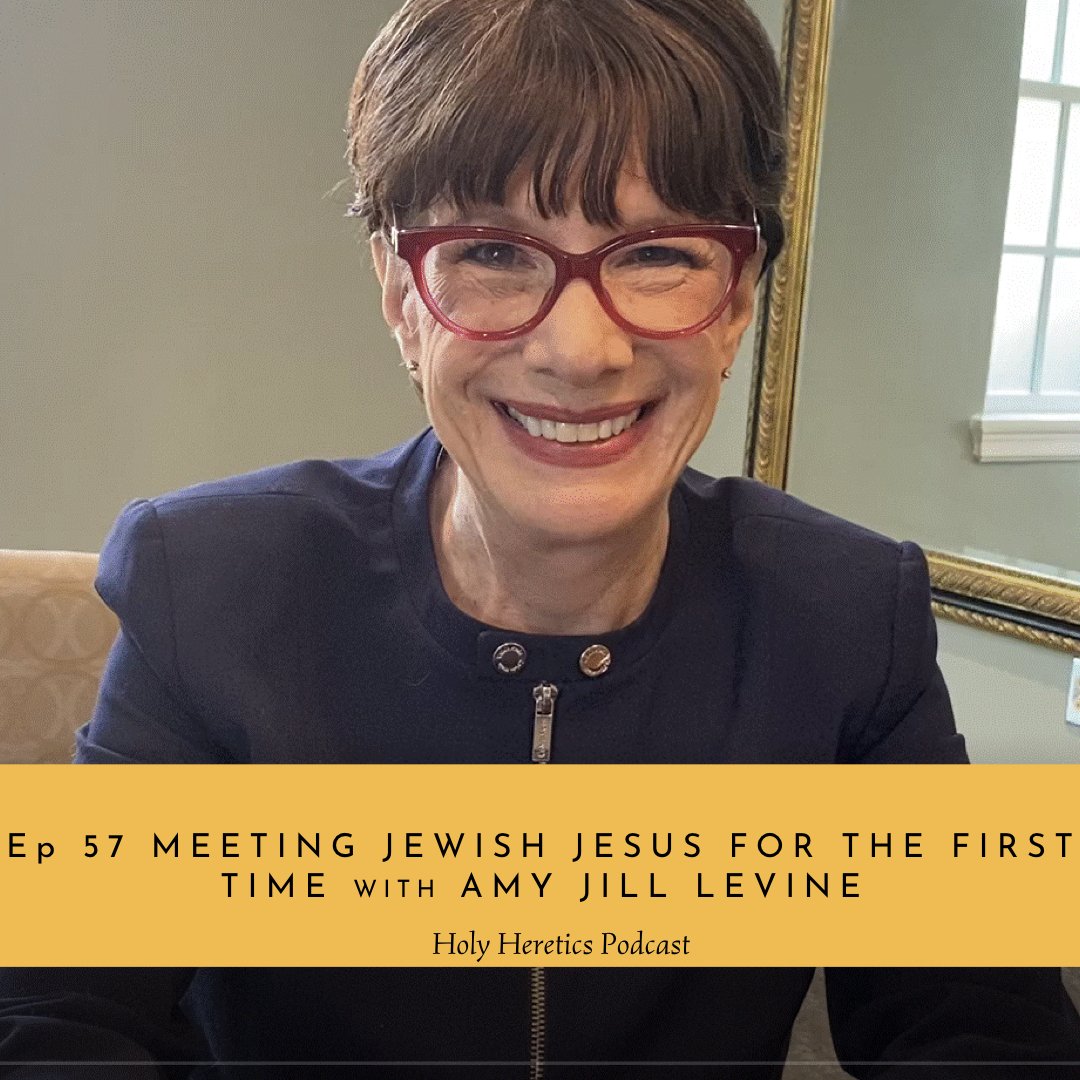
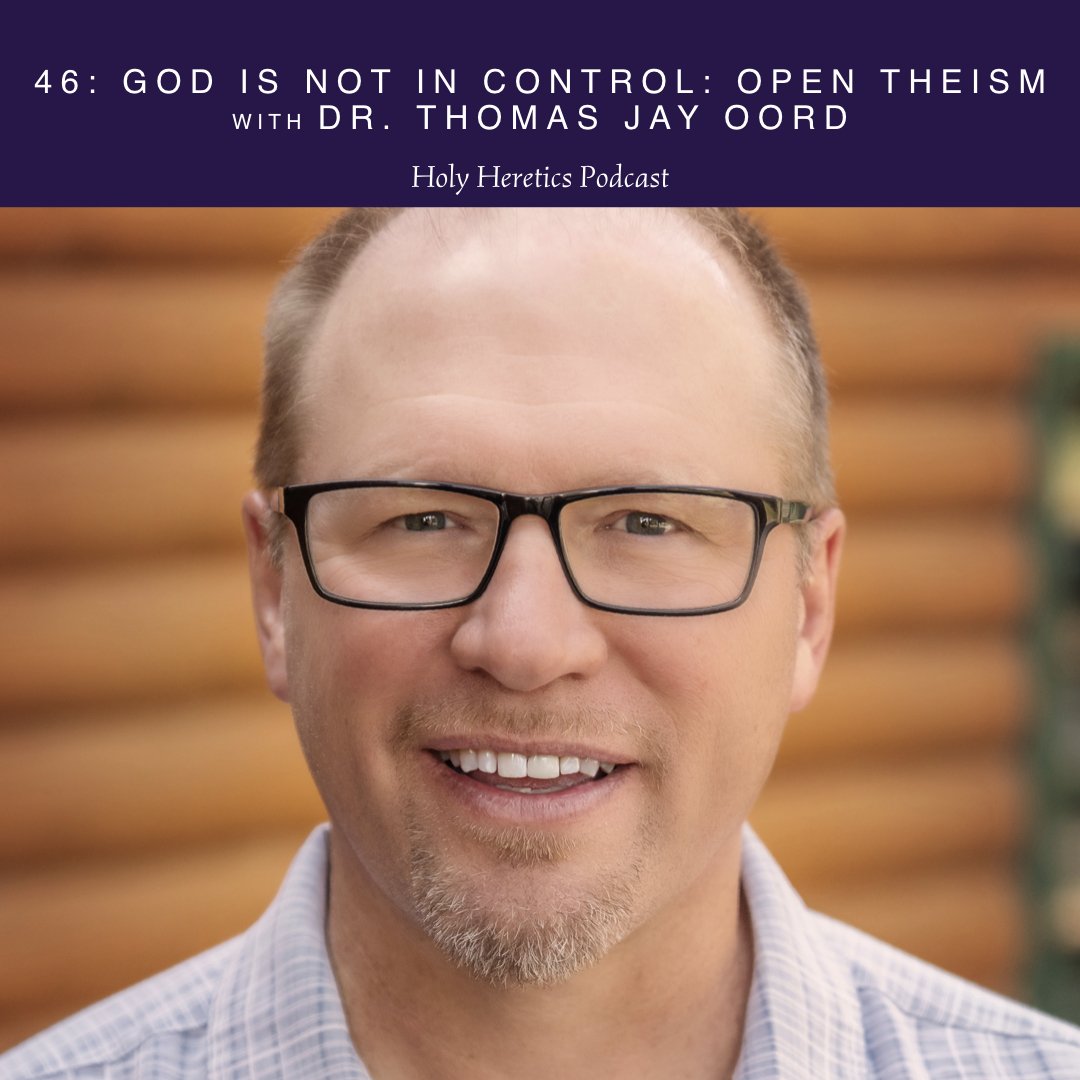
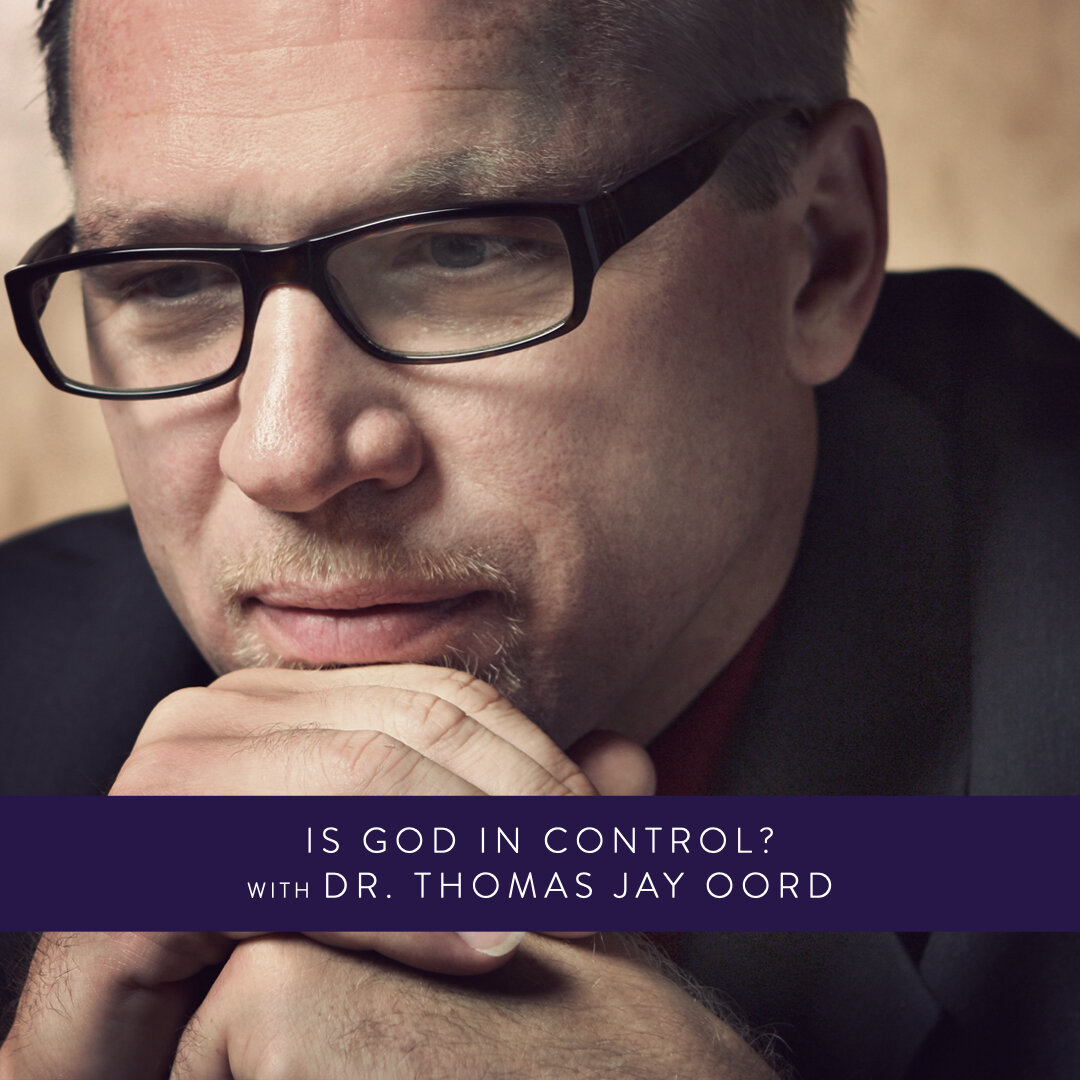
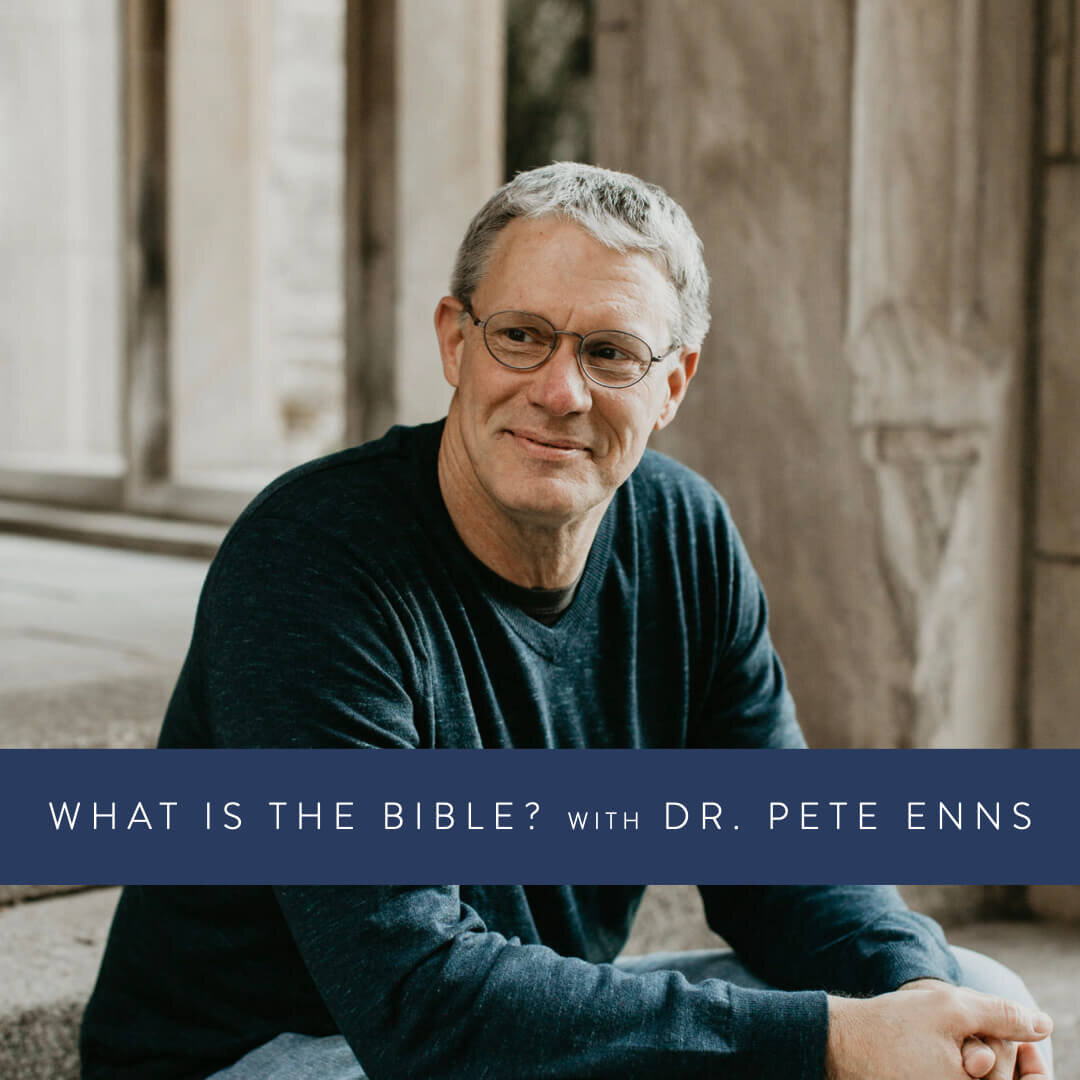
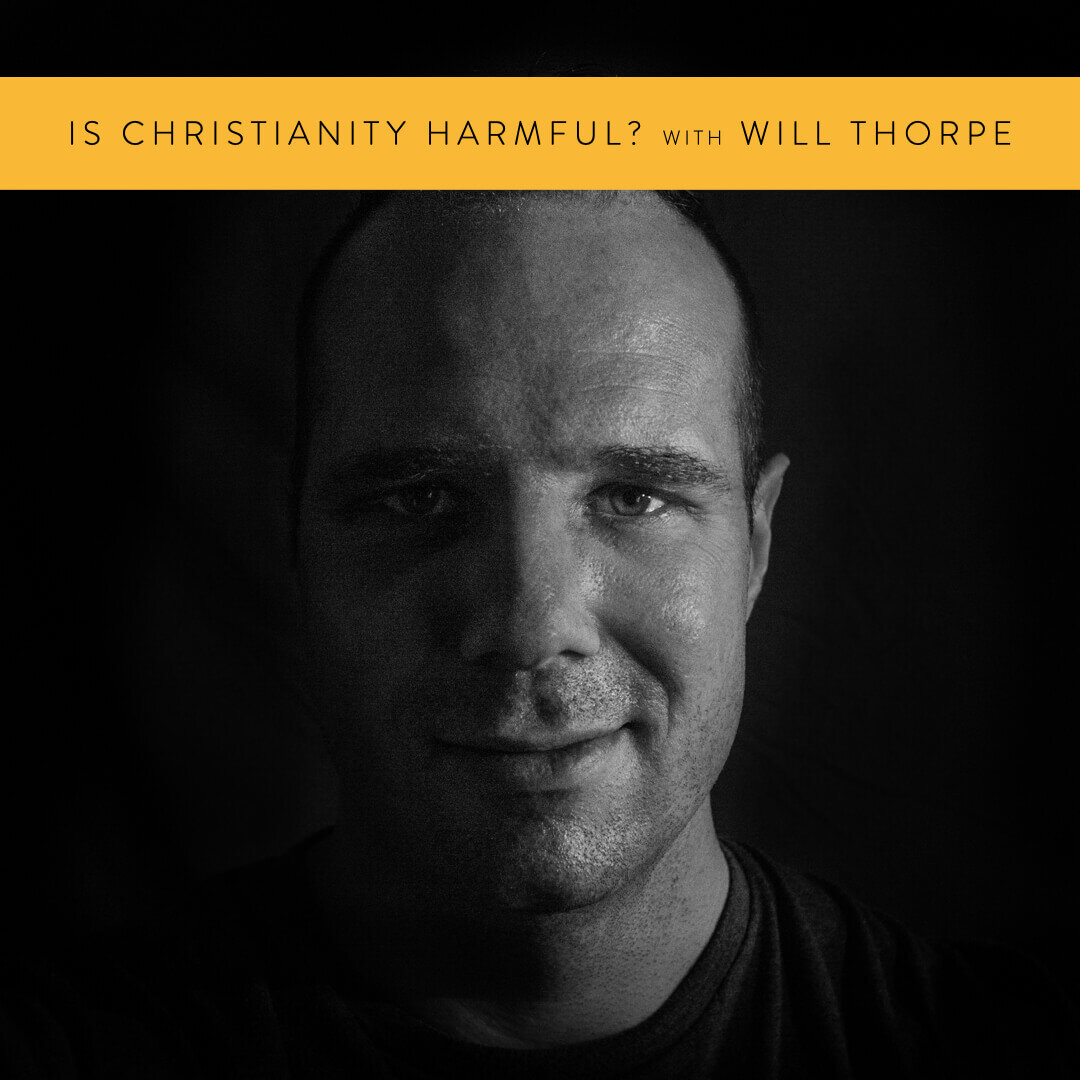
If I had a guess, I’m betting one of the main reasons why you deconstructed evangelicalism is because of the Bible. But, is all this the Bible’s fault? Have we made the Bible into something it was never intended to be? Me thinks yes.